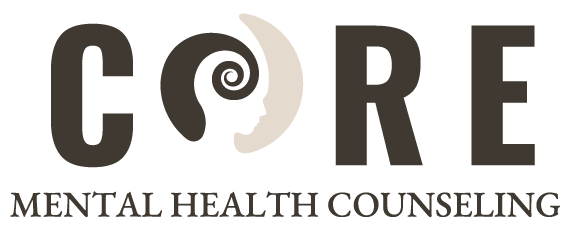Anxiety levels are high right now as we deal with the current Covid-19 crisis. Whether you’re spending more time at home, feeling isolated, struggling to cope without your normal stress outlets, or worrying about your health or those around you. This means that self-care and coping skills are more important than ever. Here are some tips on how to stay sane during this challenging period:
*Stay in the present moment*
It is inevitable during uncertain times to worry about the future and project our deepest fears. Try to take one day at a time. Focus on what is currently happening in each moment so that worry doesn’t overtake you. Use all of your 5 senses to notice the small details around you. This can help you stay grounded and calm.
*Separate what is in your control from what is not*
There’s a lot that feels out of our control right now. We can spend enormous amounts of mental time and energy consumed by things we have no control over. Try to remember all the things that you still do have power over. There are still many things you can do to take care of yourself, your family, and your physical and mental health.
*Limit news consumption*
This is a hard one since we all want to keep up on the latest changes related to the virus. While it’s important for us to stay up to date, we also need to protect ourselves from being inundated 24/7 with upsetting news. Try taking news breaks, or setting limits on how much time you spend listening to the news. Find information to read that is uplifting. You can’t control the turmoil happening in the world, but you can limit your exposure and the effect it has on you.
*Allow yourself to grieve*
Many of us are dealing with cancelations and postponements of events we have been looking forward to for a long time. Concerts, weddings, parties, vacations. It is OK and normal to feel sad when important events are disrupted. Acknowledge these feelings, express them to someone you trust, and be understanding with yourself and those around you.
*Deep breathing*
Don’t forget to pause and breathe! Deep belly breathing is a great way to reduce anxiety. Inhale through the nose for 4 seconds and exhale through the mouth for 6 seconds. Do this 3-5 times in a row. Longer outbreaths stimulate the parasympathetic nervous system, which is the key to reducing anxiety. Try starting and ending your day with this type of breathing, or taking moments throughout the day when anxiety levels are up.
*Stay connected*
Social distancing can feel like social isolation, which is very detrimental for mental health. Depression and isolation feed into each other. As much as you can, try to remain in contact with those who are important to you via phone, FaceTime, email, etc. We also offer teletherapy here at Core if you want to speak to a professional. We want to continue to care for as many people as we can in the safest way possible.
*Gratitude*
Even in times of distress and fear, there are still things to be thankful for. Look around at your life, at the people who mean the most to you, and think of 1 thing each day that you really appreciate. A crisis can sometimes alter our perspective in positive ways by making us more grateful for the things we normally take for granted.
*Impermanence*
This too shall pass. No matter what is going on at any given time, it will not last forever. This is an important concept in Buddhism and it is a good reminder in times of upheaval. The sun will shine again.
